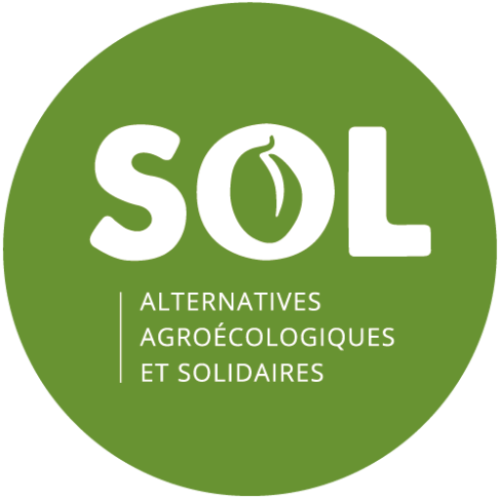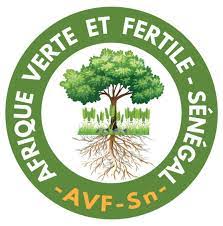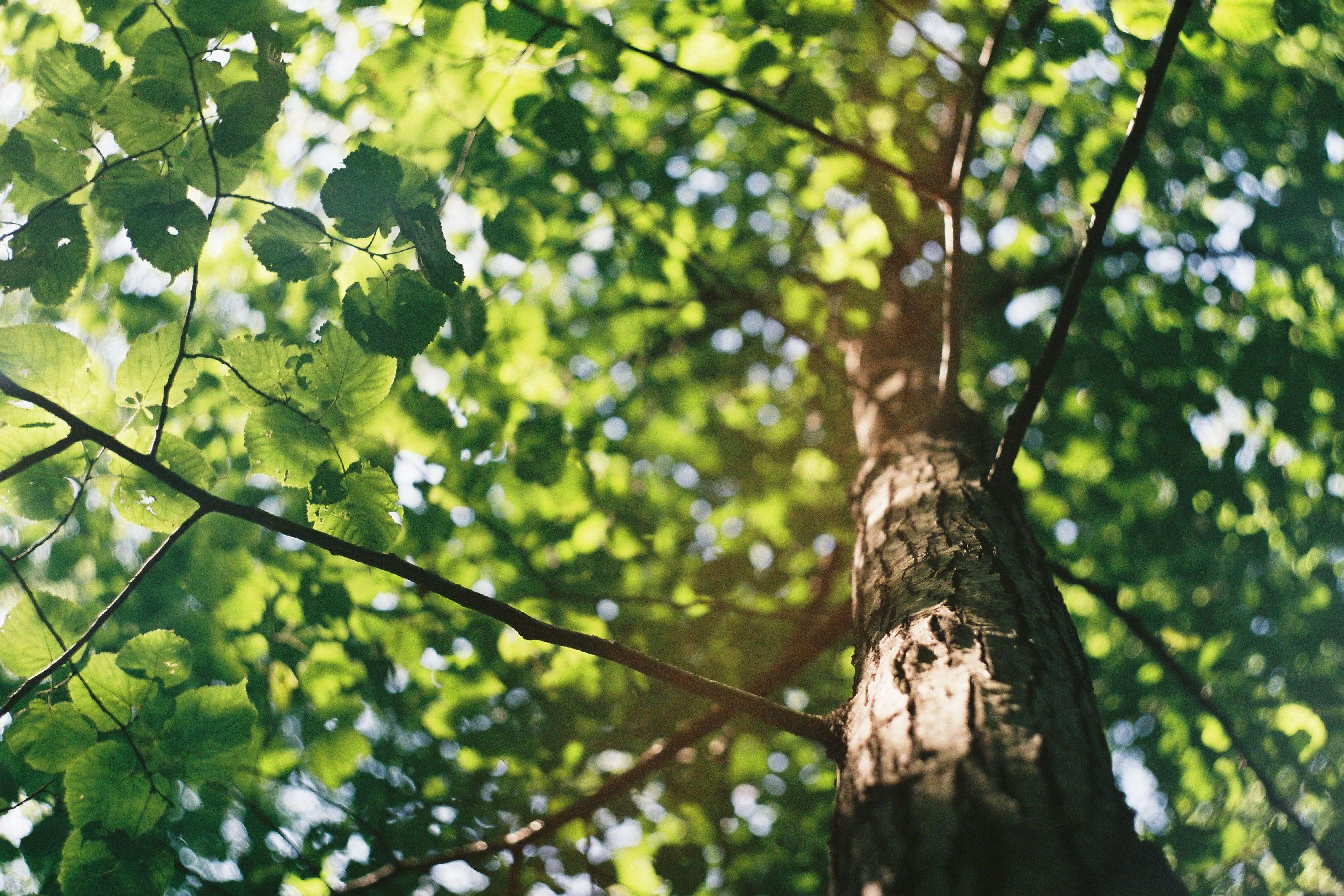To solve the problems of drought in Senegal, slowing down food sovereignty and causing rural exodus, we must reforest. The Fondation Yves Rocher works with two associations wishing to introduce local populations to agroforestry.
Biofermes Senegal with SOL

Senegal is hit by severe droughts and desertification. This is due to climate change, but also to human pressure, particularly with peanut monoculture. The destruction of the ecosystem and the loss of soil fertility are consequences of these phenomena. 90% of rural Senegalese households depend on agriculture, but the soil being impassable, the populations are forced to rural exodus. In 2021, with the support of the Fondation Yves rocher, the SOL association decided to carry out reforestation actions. The association will focus these actions in the regions of Biourbel and Louga, particularly affected by this alarming observation.
The project
7,060 is the number of trees that SOL will plant in partnership with the local NGO Villagers of Ndem. The objective is to promote the reforestation of 35 villages using agroforestry techniques. In the future, this reforestation will contribute to food security and create income-generating activities for locals.
1,400 households, including more than 1,000 children, will be able to benefit from SOL‘s actions, which are divided into 3 major activities.
- Strengthening and extension of agroforestry activities in agroecological production perimeters through the development of 4 nurseries.
- Reforestation of collective spaces and awareness of local populations.
- Reforestation of private spaces via donations or sales at reduced prices of fruit trees and arboreal formations.

A few words about the NGO
 Since 2018, the SOL association aims to promote peasant agroecology and the preservation of biodiversity in Senegal. She also leads environmental education and food sovereignty projects.
Since 2018, the SOL association aims to promote peasant agroecology and the preservation of biodiversity in Senegal. She also leads environmental education and food sovereignty projects.
Focus on the Villagers of Ndem
SOL works with the Villageois of Ndem NGO, created in 1986, having already planted 20,000 trees. The Biofermes Senegal project is also itself carried out in partnership with the Villageois de Ndem NGO.
Agroforestry and village forestry with AVF

The communes of Thiaré, Ndiob, Niakhar in the north of the Fatick region are strongly impacted by deforestation. Severe degradation of agricultural land, decline in annual rainfall, very high temperatures are other problems facing the region. As a result, agricultural yields are down sharply. While 70% of the population depends on agricultural activities to cover economic and food needs. In addition to the economic stakes, the poor agricultural performance strongly degrades the social ties within rural families. Planting 25,000 trees in this region of Fatick will relieve the living conditions of the inhabitants. Indeed, the soils will be more fertile, the yields improved and the spirits appeased. This is the objective that the association Afrique Verte et Fertile (AVF) wishes to achieve this year in collaboration with the Fondation Yves Rocher.
The project
In the Fatick region, agroforestry appears as an alternative that will allow people to self-supply. Farmers will no longer be forced to over-exploit natural woodlots for income. The aim is to make the villages concerned aware of agroforestry and to explain how it would solve the problems of agricultural yield. It is up to the beneficiaries to maintain their nurseries, so AVF will train them on this subject.
For the sake of independence, throughout the year dozens of households in the villages of the Fatick region will benefit from this program.

A few words about the NGO
 Afrique Verte et Fertile association was created in September 2020. The agroforestry and village forestry project is the first effective project of the association. However, its executive director, has ten years of experience in planting trees. It is an honor for us to be a partner of this first project of the association !
Afrique Verte et Fertile association was created in September 2020. The agroforestry and village forestry project is the first effective project of the association. However, its executive director, has ten years of experience in planting trees. It is an honor for us to be a partner of this first project of the association !
Our former project in Senegal

In January 2008, the FAO issued an alarming statement: 20% of the world’s mangroves had been destroyed in less than 30 years.
An ecosystem that is absolutely crucial to coastal communities living in tropical and subtropical regions, mangroves are a treasure trove of biodiversity, forming impenetrable forests that serve as natural habitats for a constellation of animal species. Mangroves provide excellent protection against soil erosion and offer unbeatable ecological resilience, serving as a natural barrier against the sea salt that ravages rice fields.
In January 2008, the FAO issued an alarming statement: 20% of the world’s mangroves had been destroyed in less than 30 years.
In Senegal, intensive mangrove felling for firewood and construction timber has seen this figure rise to a staggering 50%. And local communities are paying the price, with poverty accelerating at a worrying pace. In this region of the world, mangrove reforesting is both a human and ecological emergency.
Founded in 1984, Oceanium Dakar aims to reforest mangroves in Casamance by calling on the support of the entire region to lay down the foundations for sustainable future development managed entirely by local communities. In 2007, the Fondation Yves Rocher pledged its support for two years.
Thus, 5,000,000 trees have been planted with the support of the Fondation Yves Rocher.
Learn more about Senegal project : http://www.oceaniumdakar.org/


